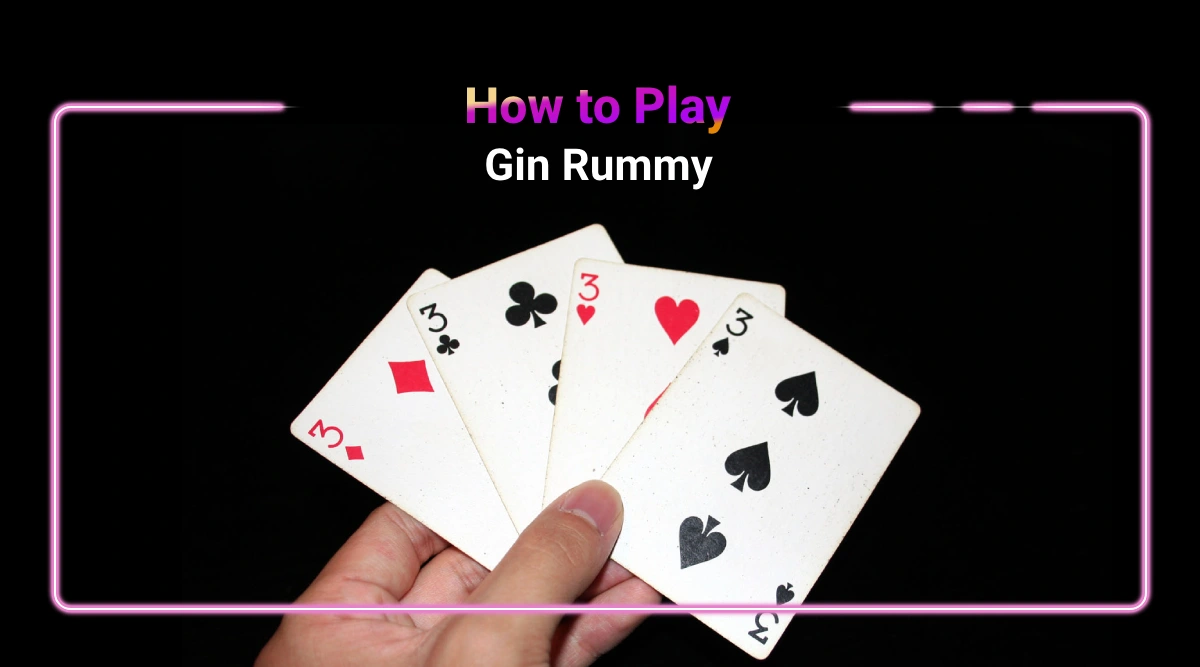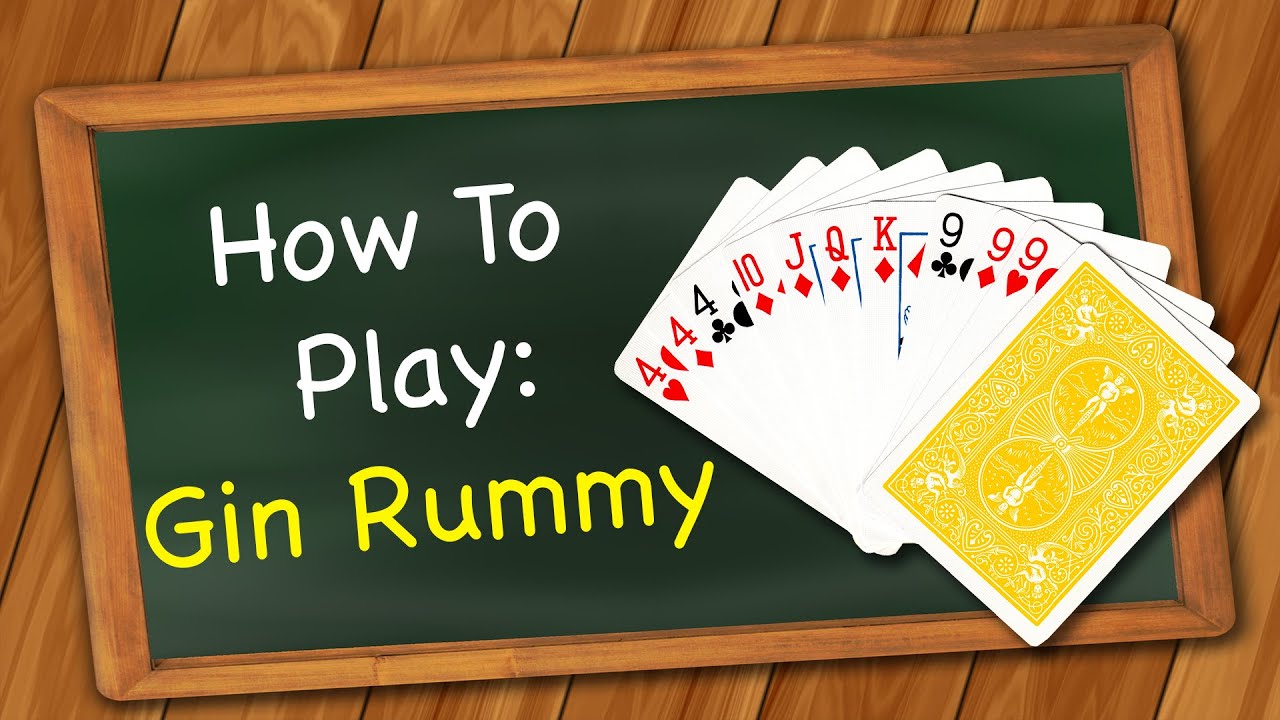Let’s be honest—rummy isn’t just about luck. Sure, the cards you get matter, but the real magic happens when you mix skill, strategy, and a bit of psychological finesse. Whether you’re a beginner or a seasoned player looking to sharpen your game, these strategies will help you tilt the odds in your favor.
1. Master the Basics Before You Dive Deep
You wouldn’t sprint before learning to walk, right? Same goes for rummy. Before you start plotting grand moves, make sure you’ve got the fundamentals down:
- Know the rules inside out—whether it’s Points, Pool, or Deals Rummy.
- Understand sequences and sets. Pure sequences (no jokers) are your lifeline.
- Track discards. What your opponents pick or drop tells a story.
Sounds simple, but you’d be surprised how many players skip this step and pay for it later.
2. Observe Like a Hawk
Watch Your Opponents’ Moves
Rummy isn’t played in a vacuum. Every discard, every pause, every pick—it all means something. Here’s what to look for:
- If a player picks a card from the discard pile, they’re likely building a sequence or set around it.
- Frequent discards of high-value cards? They might be aiming for a quick finish.
- Someone holding onto a card for too long? They’re probably waiting for the perfect match.
Think of it like poker. The more you observe, the better you can predict—and disrupt—their game.
Keep an Eye on the Joker
Jokers are wildcards, literally. But here’s the thing: if you’re holding one, so might your opponent. Track which jokers are in play, and don’t assume that high-value card they just discarded isn’t part of a bigger plan.
3. Discard Smart, Not Just Safe
New players often discard high-point cards first to minimize losses. That’s not wrong, but it’s not always right either. Here’s a better approach:
- Ditch duplicates early. Holding two 7♠️? Unless you’re building a set, one’s just dead weight.
- Middle cards are tricky. A 6 or 7 can fit into more sequences than a King or Ace.
- Bluff if you must. Sometimes discarding a card that seems useful (but isn’t) can mislead opponents.
Remember, every discard is a clue. Make sure you’re not giving away the answer.
4. Prioritize the Pure Sequence
No pure sequence? No win. It’s that simple. Your first goal should always be forming at least one pure sequence (without jokers). Here’s how:
- Hold onto potential sequence starters. If you have 5♥ and 6♥, keep an eye out for 4♥ or 7♥.
- Don’t split close sequences. 8♦-9♦-10♦ is gold—don’t break it for a random J♦ unless absolutely necessary.
- Use jokers for everything else. Once your pure sequence is set, jokers can help complete other sets or sequences faster.
Think of the pure sequence as your foundation. Without it, the house collapses.
5. Manage High-Value Cards Like a Pro
Kings, Queens, and Aces are double-edged swords. They’re worth a lot—which means they’ll cost you if you’re left holding them. Here’s the deal:
- If you can’t use ’em, lose ’em. Holding a lone King? Unless you’re close to a set, discard it early.
- Watch for stragglers. An opponent holding onto a Queen might be waiting for a King—discard wisely.
- Aces can be flexible. In some variants, they can be high or low (A-2-3 or Q-K-A). Know the rules.
High-value cards are like hot potatoes. Pass them before they burn you.
6. Know When to Drop (Seriously)
Here’s a secret: the best players know when not to play. If your starting hand is a disaster, dropping early can save you points. But timing is everything:
- First drop: Usually costs 20 points (varies by platform). Worth it if your hand’s a mess.
- Middle drop: Costs more, but still better than a full-loss penalty.
- Never cling to a sinking ship. If you’re stuck with multiple high cards and no sequences, cut your losses.
Dropping isn’t defeat—it’s strategy.
7. Practice, Practice, Practice
All the theory in the world won’t help if you don’t play. And not just play—play mindfully. Here’s how to practice like a pro:
- Start with free tables. No pressure, just learning.
- Review your games. Most platforms let you replay hands. Spot where you went wrong.
- Mix it up. Play against bots, then humans. Different styles teach different lessons.
The more you play, the more instinctive your decisions become. And that’s when you start winning—without overthinking.
Final Thought: It’s a Marathon, Not a Sprint
Rummy rewards patience. The best players aren’t the ones who win every hand—they’re the ones who consistently outmaneuver opponents over time. So take a breath, think ahead, and remember: every card tells a story. Make sure yours has a happy ending.




